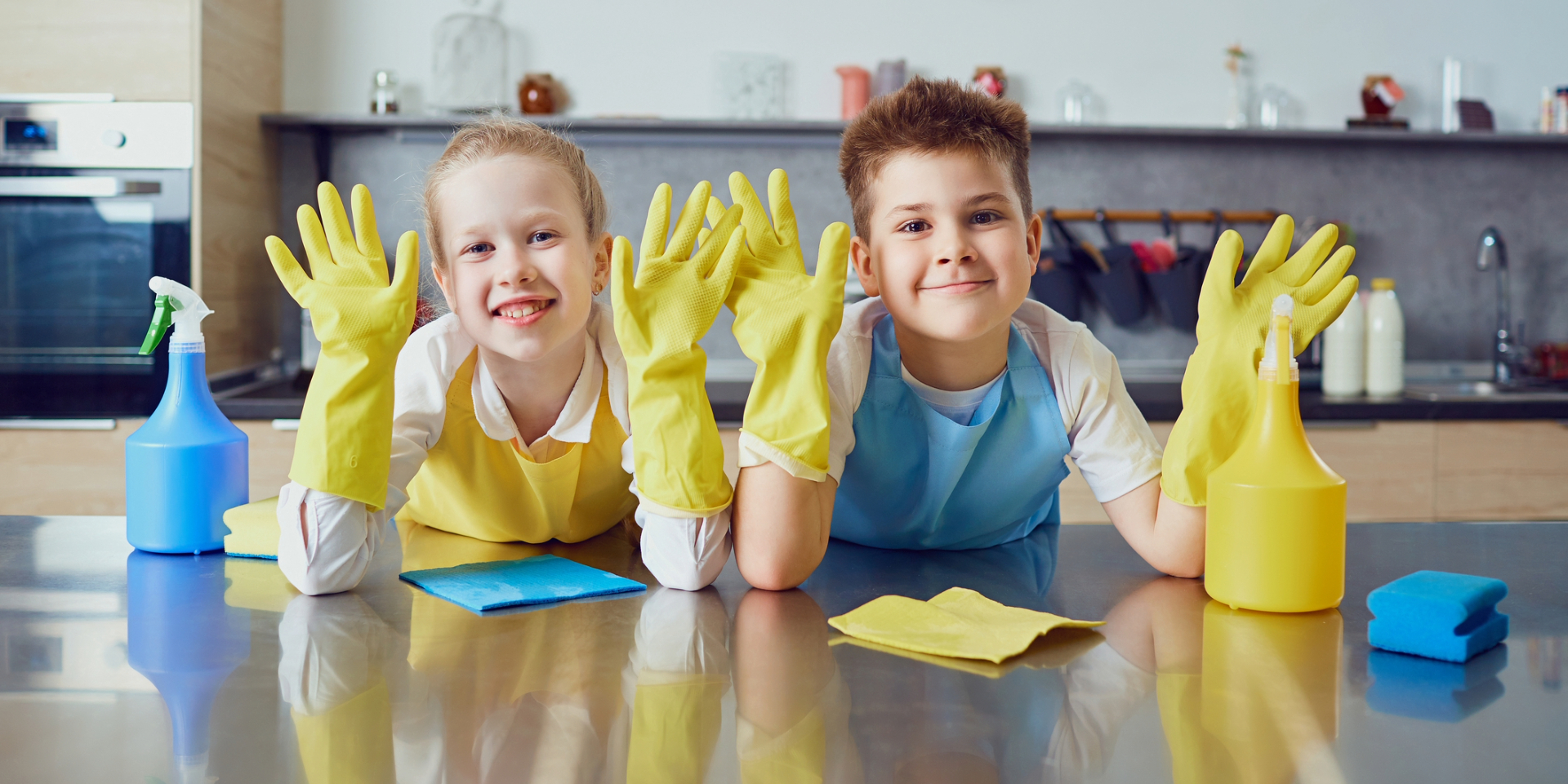You wouldn’t think so, but whether or not children do chores is one predictor of their future happiness and success.
Why is this? Children who are already accustomed to doing chores are more likely to take initiative, be able to work independently and adapt to difficult circumstances. Many of the chores children are asked to do are life tasks they’ll need to endure one day. Having kids do chores also models the important values of teamwork and respect.
“Involving children in household tasks at an early age helps them learn values and empathy as well as responsibility,” says Dr Marty Rossmann, emeritus associate professor of family education at the University of Minnesota.
Kids from as young as two should be encouraged to help around the house. Impossible, you think? Here are five simple ways to get your kids doing chores.
1. Start them young
Younger children (under six years old) are dying to be just like Daddy or Mummy and often offer to help. This is a golden opportunity. Use it.
2. Make it age-appropriate
Begin with simple, safe tasks under supervision. You may have to work alongside them longer than you originally envisioned. Be flexible—you can pull back from allowing a child to do a particular task if they clearly don’t have the physical strength, coordination or maturity.
3. Keep it positive and relational
Thank them for helping and tell them what a good job they’ve done. Emphasise the positives, but also point out the negatives. You’re developing resilience—teaching your child how to deal with criticism.
4. Keep it consistent and fair
For older children, try to maintain a regular schedule of chores so that the expectations are clear. Children will notice (or imagine) differences in responsibilities between their siblings. Be ready with your reasons or be ready to adjust the chores regime if your child has a legitimate point.
5. Keep it interesting
A child will often develop a dislike for a particular chore; they’ll hate it even more if they feel permanently saddled with it. One strategy is to swap chores from time to time—it also teaches kids how to complete a wider range of household tasks.
Older children will respond to competitions and challenges. If the stakes are heightened by the prospect of a reward or a looming deadline, so much the better. For regular daily chores a star chart is a good way for children to track their progress towards a goal.
Get a list of age-appropriate chores and a chore chart you can personalise for your children.




















